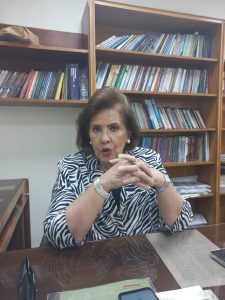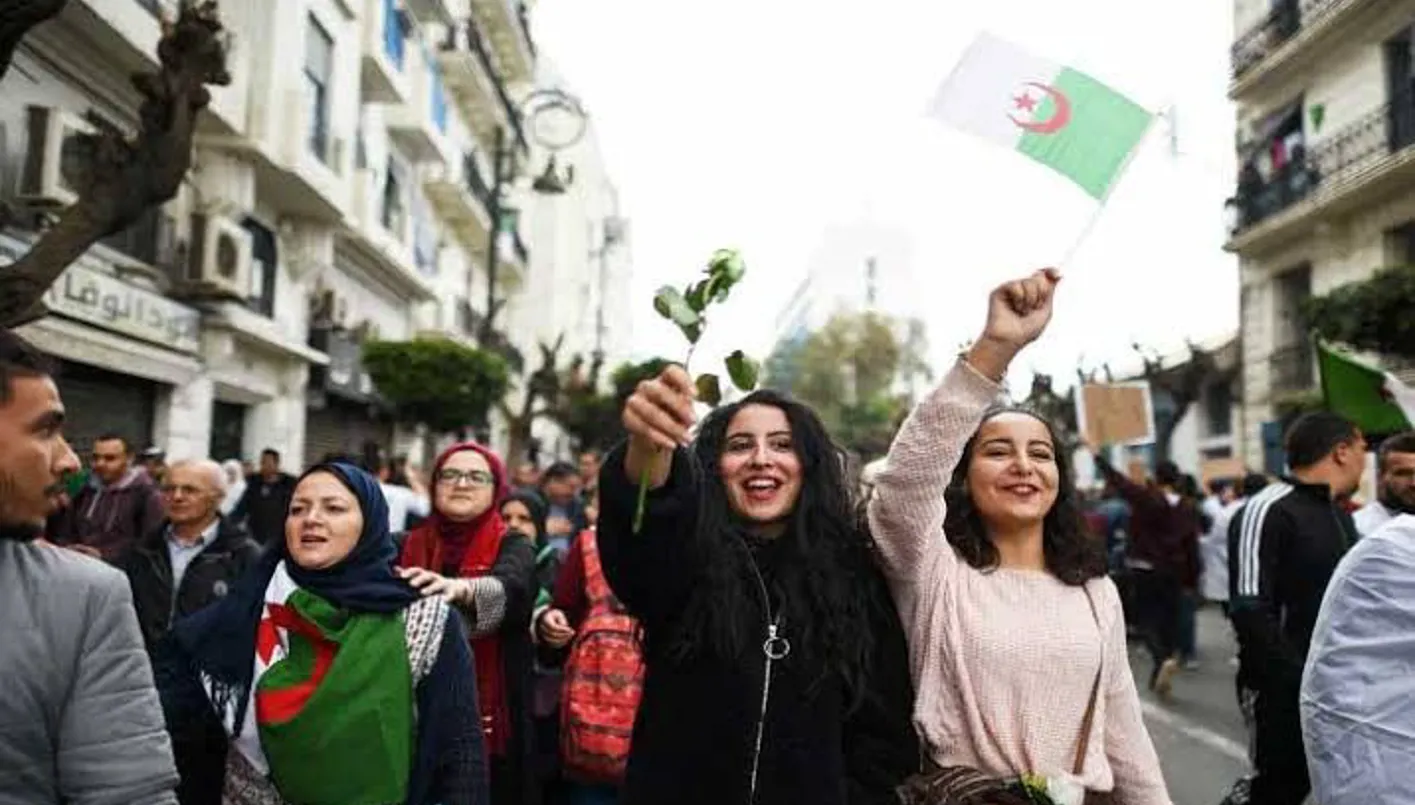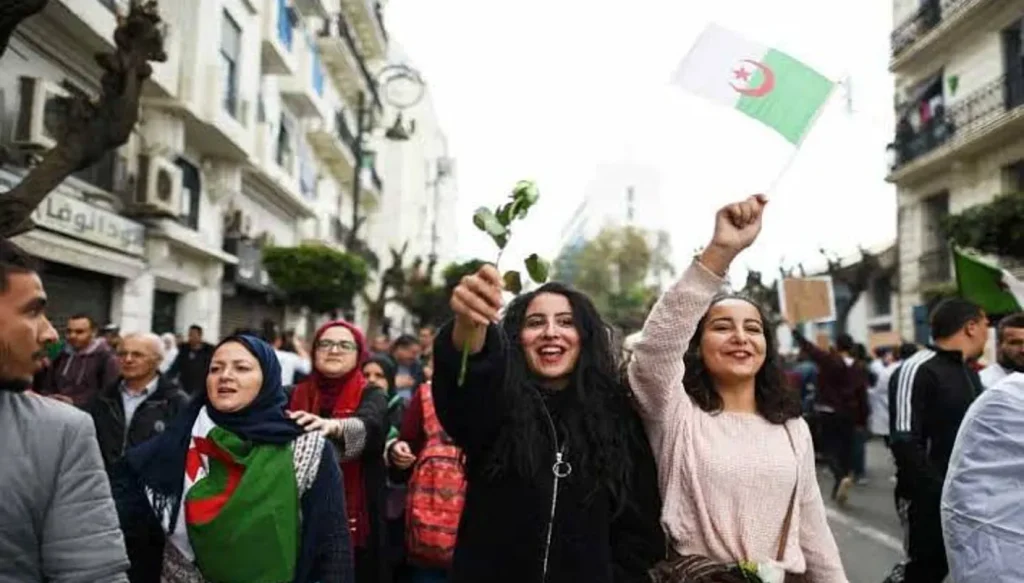Algeria has removed its reservations on Article 15 of the international CEDAW Convention, adopted in 1979, which recognizes full equality between genders. This means Algeria is now obliged to grant women legal capacity equal to that of men without discrimination or requiring approval from a guardian or husband, particularly regarding freedom of movement and choice of residence. This step has sparked broad debate within Algerian society, seen by some as a departure from inherited traditions and by others as a natural progression towards modernization. Lawyer and human rights activist Farida Abri emphasized that this move fully empowers women legally in all civil transactions, including independent choice of residence without guardianship. The decision also protects women’s rights to buy, sell, and lease property under their own name with international safeguards against administrative or judicial restrictions. It ends the legality of requiring male consent for travel or migration.
The change calls for necessary amendments to Algerian family law to align domestic legislation with international commitments. Parliamentary member Mohamed Meshak confirmed that such international commitments necessitate legal adjustments. Media figure Misbah Kadiri described the decision as a significant step towards enabling Algerian women to exercise their rights freely, while respecting national sovereignty and Islamic teachings. The decision has also sparked wide controversy on social media, with some fearing it may increase divorce rates and questioning the pressures behind lifting the reservations.














Recommended for you
Exhibition City Completes About 80% of Preparations for the Damascus International Fair Launch
Talib Al-Rifai Chronicles Kuwaiti Art Heritage in "Doukhi.. Tasaseem Al-Saba"
Unified Admission Applications Start Tuesday with 640 Students to be Accepted in Medicine
Egypt Post: We Have Over 10 Million Customers in Savings Accounts and Offer Daily, Monthly, and Annual Returns
His Highness Sheikh Isa bin Salman bin Hamad Al Khalifa Receives the United States Ambassador to the Kingdom of Bahrain
Al-Jaghbeer: The Industrial Sector Leads Economic Growth